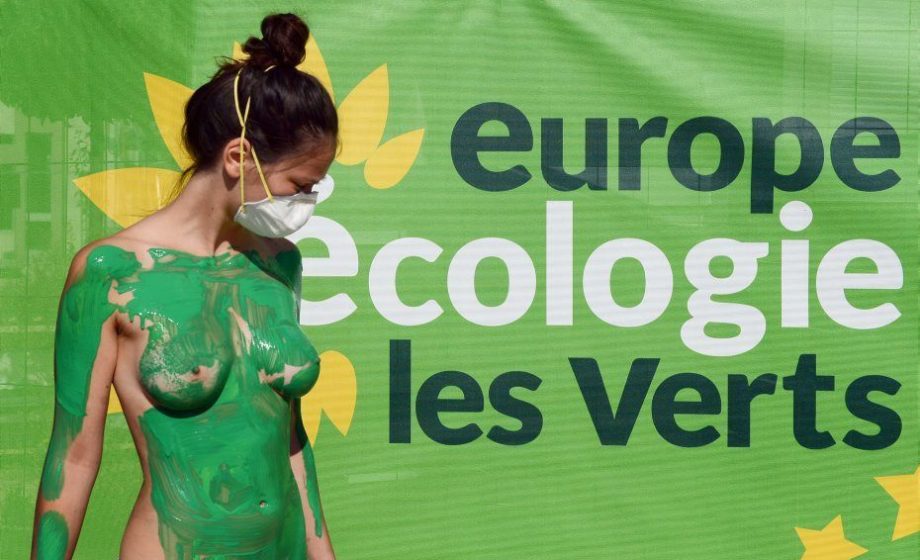Socially responsible investment practices, or ISR in French (investissement socialement responsable), has been catching on among fund management companies in France lately.
The notion of SRI in modern portfolio management began gaining momentum in the late 1990s, mainly in the US and UK. The first sell-side brokerage in the world to offer SRI research was in Brazil, of all places. The Brazilian bank Unibanco launched an SRI research service in 2001, targeting SRI funds in the US and UK. In turn, other banks began offering research, eventually leading to the adoption of socially responsible investment principles by private equity fund managers.
Here’s an interview from several years back with City Light Capital, a VC fund founded in 2004 in New York with a goal of generating strong returns while making a social impact. Since the original fund is reaching the end of a ten-year cycle, some conclusions can now be drawn on the effectiveness of such a strategy. Without having seen the data, however, I do note that the fund did not confuse the priority of objectives of financial return with social good. The challenge with dual-objective funds is how to manage the occasions when objectives diverge, i.e. creating a positive social impact may not be the most financially appealing. City Light and other similar institutional VCs appear to remain steadfast: they try to avoid making trade-offs, but generating a financial return is the top priority, and social impact criteria serve as a lens to filter deal flow. For VCs managing private money with performance expectations, I believe this is the only way it can work.
Despite being fairly commonplace for over a decade in other markets, the concept of SRI seems to be finally trickling down to venture capital management companies in France, eager to jump on the marketing bandwagon. I refer to it as a marketing bandwagon partly in jest, but it does feel like — in the words of the great reggae music critic Astor Black — to be more filler than killer.
For one thing, it’s very trendy these days to say that one practices socially responsible investment principles. Every fund in Paris seems to be doing so. It is however less clear to me how the SRI values are actually being encultured and embraced by the investment teams. Does it mean avoiding investment opportunities in cigarettes, gambling and porn? Well, the tabacco industry is irrelevant for VC investment anyway. Yet the sector of e-cigarettes has been burning red hot. Do e-cigarettes represent a vice of an on-ramp to smoking, or a virtue to help people kick the habit? Online gambling represents a market on the verge of regulatory disruption, which could create some financially compelling investment opportunities. I do not have the impression that funds are refusing to even look at any deals related to the online gambling space on the grounds of SRI principles.
Beyond IT deals, for example in the life sciences and clean energy sectors, arguably every single investment could be characterized as beneficial for the social good. And believe me, they will be.
Hopefully the adoption of SRI principles will prove to be more than a passing fad in France, in contrast with, for instance, the sustainable development trend several years back which witnessed a lot of hypocrites practicing “corporate greenwashing.”
One of the most egregious local examples of the sustainability hypocrisy is demonstrated by FranFinance. FranFinance is a consumer credit subsidiary of the Société Générale with 14 retail branches throughout France. Like typical retail outlets, the branch in central Paris displays four large 1m-by-2m back-lit advertising boxes in the front window in which typically promotions or advertisements would be displayed. However, at the Paris branch, the display cases are totally devoid of any advertising, acting merely as large empty boxes with bright back-lighting serving no purpose whatsoever. Furthermore, this is not a temporary situation in which display box content is being switched. This status quo has been in place for over 4 years. Four large power-sucking back-lit display boxes sitting empty night after night for four years !
And yet FranFinance dedicates an entire section of their corporate website on the company’s commitment to sustainability.
The principles of socially responsible investing are admirable, and I hope they are treated not as a marketing gimmick but with genuine commitment.


